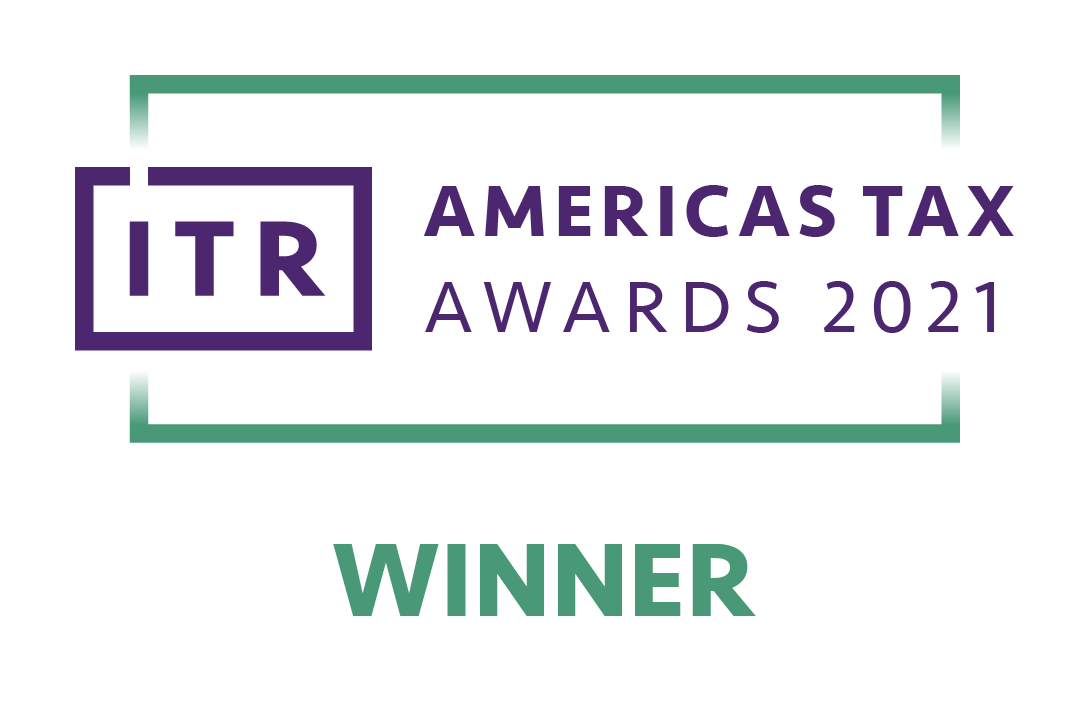Until a few days ago, Paraguay was one of the few countries in the region that did not have an administrative procedures Law that would systematically consolidate in a single legal body the rules that govern procedures before the Administration, despite the fact that the National Constitution itself establishes the right of individuals to file petitions before the authorities (art. 40). This situation took a resounding turn on September 29 with the publication of Law No. 6715 on «Administrative Procedures» in the Official Gazette (the «Administrative Procedures Law»).
This Law resulted in multiple legal loopholes that acted by omission, mainly to the detriment of the rights and guarantees of the administered parties, who by virtue of general regulations or responding to customary practices of the administration were exposed to the exercise of the exorbitant powers of the State, were resolved. For such reason, we celebrate the regulation of the exercise of authority by the administration, and the establishment of this sort of balance and legal security in administrative offices regarding the relationship and existing connection between the Administration and the Administrated parties.
The regulated activity acquires upmost importance in regard to administrative activity as a mechanism that allows effective realization and satisfaction of general interests. The enactment of a specific law on administrative procedures confers legal certainty, while bringing predictability and certainty to citizens regarding actions by public authority, and ensuring, on the one hand, the «timely defense» in favor of the administered parties and the «regulated activity of the Administration” on the basis of strict compliance with the principle of legality.
The new Administrative Procedures Law is responsible, among other matters, for: i) defining the administrative act and its classification; ii) identifying the fundamental elements for the validity and regularity of the administrative act; iii) establishing causes for nullity and voidability of administrative acts and means for revocation or correction; iv) providing the principles that should govern all administrative procedures; v) considering the possibility of carrying out administrative procedures and actions electronically; vi) regulating types, terms and forms of filing administrative appeals, vii) establishing the rules of procedures for administrative sanction (summary proceedings to individuals) and viii) configuring the basis for exhaustion of administrative procedure.
From the content of the Administrative Procedures Law, it is particularly considered relevant to highlight the following:
Administrative act: It is defined as any unilateral declaration made by an organ of the Public Administration in the exercise of administrative functions, which produces legal effects of general or particular scope.
Effects of the filing of administrative appeals: The filing of administrative appeals will not suspend the execution of the contested act, although there are exceptions, as an express rule that establishes otherwise. In addition, the execution of the act may be suspended ex officio or at the request of the appellant if such execution is likely to cause damage that is impossible or difficult to be repaired to the appellant, when a serious defect is proven in the act or for reasons of public interest.
Precautionary measures: The administrative authority ex officio or by request of the administered party may issue and order precautionary measures to preserve health, public safety or for any other reason of general interest
Non-formal administrative procedure: The ordinary administrative procedure is not formal, in the sense that if there is no special procedure legally prescribed, the acting authority can choose the most appropriate procedure as long as the principles of speed, efficiency and reasonableness are met.
Silence of the administration: If a definitive resolution is not issued within the legal deadlines in procedures initiated by individuals, such requests will be considered as denied -once configured what in law is known as an implied resolution- which opens the way to file the administrative appeals that may correspond.
Sanctioning procedure: Administrative procedures are regulated to impose administrative sanctions on individuals who have committed administrative offenses legally established, within the framework of administrative proceedings to be followed under unrestricted respect for the principles of the presumption of innocence and the right to defense. Basically and except for justified reasons, summary proceedings should not exceed four months in total. Infractions prescribe after two years.
Use of electronic means: Formalities and actions of administrative procedures may be carried out by electronic means and will have full legal validity and probative value. Its use will be regulated by the Executive Power.
The table below summarizes information on administrative appeals and contentious-administrative actions, under the Administrative Procedures Law:
| Type of appeal | Applicable Acts* | Reception office | Term for filing | Resolution period |
| Reconsideration request | Against definitive resolutions that resolve the merits of an issue or put an end to an administrative action | The same authority that issued the act subject of challenge
. |
Within the following 10 business days upon being notified | 20 business days. If no resolution is issued until the term expires, the appeal will be considered denied. |
| Hierarchical appeal | Against the resolution that rejects the appeal for reconsideration, or directly against definitive resolutions that resolve the merits of a question, regardless of the appeal for reconsideration
. |
The highest competent authority of the body from which the act that is being challenged emanated | Within the following 10 business days upon being notified
or from the day after the deadline to resolve the reconsideration expired. |
20 business days. If no resolution is issued until the term expires, the appeal will be considered denied. |
| Contentious-administrative action | Against acts that do not fit any administrative appeal.
. |
Before the Exchequer Court of the Judicial Power . | Within the following 18 business days upon being notified about the resolution that the administrative offices were exhausted or from the day after the expiration of the term that exhausts said route. | The Exchequer Court must resolve the issue within 30 days following the court order has been executed. (This term is provided by Law No. 1462/35) |
* Administrative appeals against regulations or administrative acts of preparatory nature or mere formality, are inadmissible.
It should also be noted that the supplementary rules regarding this law are those contained in the Civil Procedure Code as long as no incompatibility in administrative matters is noticed.
Finally, it should be noted that the law enters into force one year after its publication (09/29/2022), term in which the Executive Branch must establish its regulations.
For more information, please contact Adriana Ocampos: adriana.ocampos@berke.com.py and/or Dahiana Acosta: dahiana.acosta@berke.com.py and/or Martin Carlevaro: martin.carlevaro@berke.com.py


















